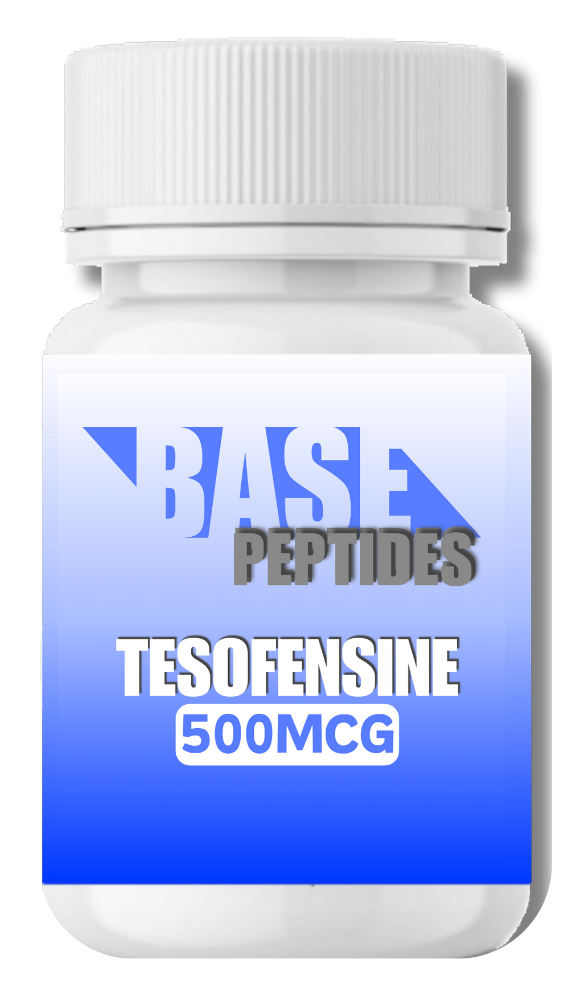Tesofensine Tablets 500mcg
Tesofensine Tablets 500mcg
Couldn't load pickup availability
Tesofensine – Advanced Neurochemical Research for Metabolic Optimization
Tesofensine is a highly selective triple monoamine reuptake inhibitor that has gained substantial interest in research exploring obesity, appetite control, and neurochemical balance. Originally investigated as a treatment for Alzheimer’s and Parkinson’s disease, Tesofensine’s profound effects on appetite suppression and fat loss have positioned it as a powerful compound in the study of metabolic and behavioral regulation.
Mechanism of Action
Tesofensine works by inhibiting the reuptake of dopamine, serotonin, and norepinephrine—three key neurotransmitters involved in reward, mood, and satiety. This unique triple reuptake inhibition mechanism leads to a powerful reduction in appetite while enhancing energy expenditure and cognitive focus.
Unlike stimulant-based appetite suppressants, Tesofensine exerts its effects centrally without significantly elevating heart rate or blood pressure in preclinical models.
Key Research Findings
Appetite Suppression
Studies have consistently shown a marked reduction in caloric intake and food cravings in both animal and human trials.
Fat Mass Reduction
In Phase II clinical trials, Tesofensine demonstrated weight loss of up to 10% of body weight over 6 months—outperforming many currently available pharmaceutical agents.
Neurocognitive Enhancement
Tesofensine's action on dopamine and norepinephrine may offer potential secondary benefits in motivation, focus, and mood, relevant in neurobehavioral studies.
No Significant Tolerance Observed
One of the most notable features of Tesofensine is that its efficacy appears sustained over time, without rapid tolerance development in preclinical data.
Research Applications
Tesofensine is of interest in the following research areas:
- Obesity and metabolic disorder models
- Appetite regulation and ghrelin modulation
- Neurochemical and behavioral studies
- Satiety signaling and energy expenditure
- Treatment-resistant depression and motivation-based disorders
Clinical Research Highlights
Phase II Trial in Obese Subjects
Lancet. 2008;372(9653):1906–1913.
“Participants receiving Tesofensine 1.0 mg experienced an average weight loss of 12.8 kg (~10% of body weight), far exceeding placebo and comparative groups, with no serious adverse cardiovascular effects.”
Animal Studies on Appetite Suppression
Int J Obes (Lond). 2006;30(4):684–691.
“Rodents treated with Tesofensine exhibited marked reductions in food intake and improvements in lipid profiles. Effects were sustained and dose-responsive.”








